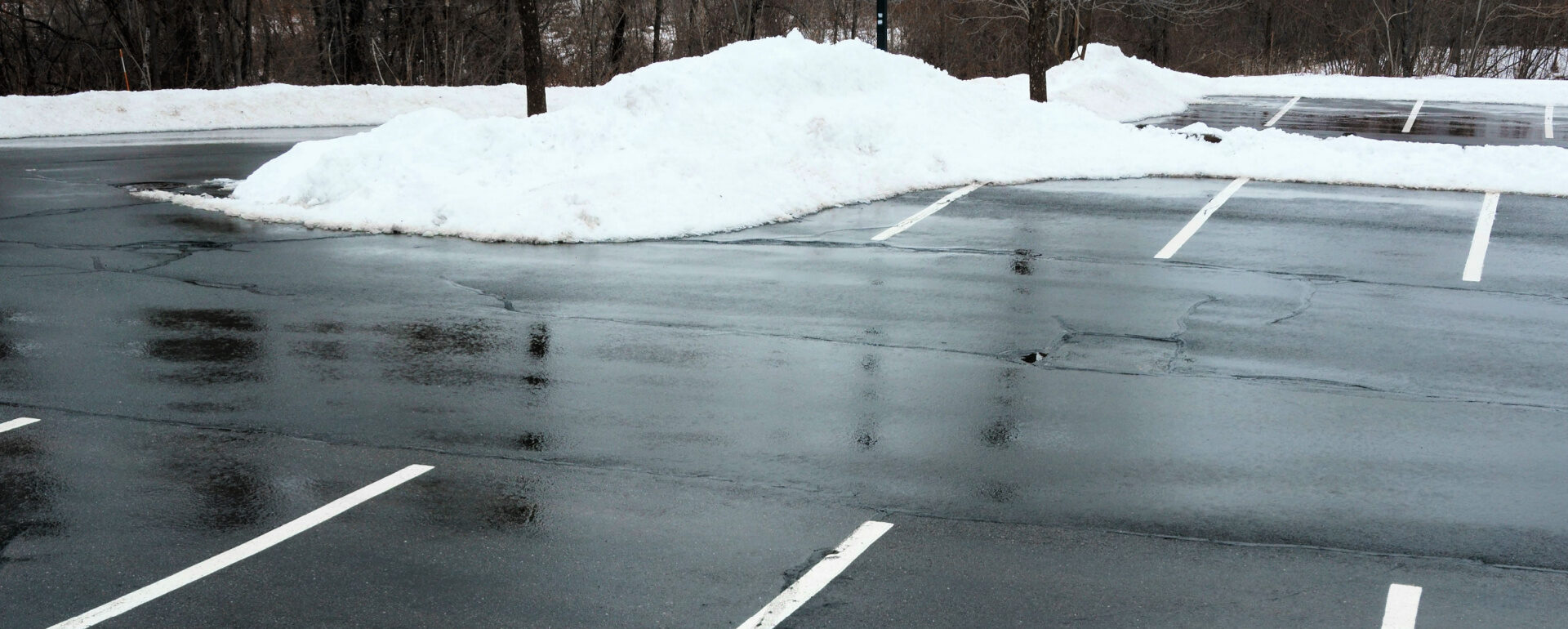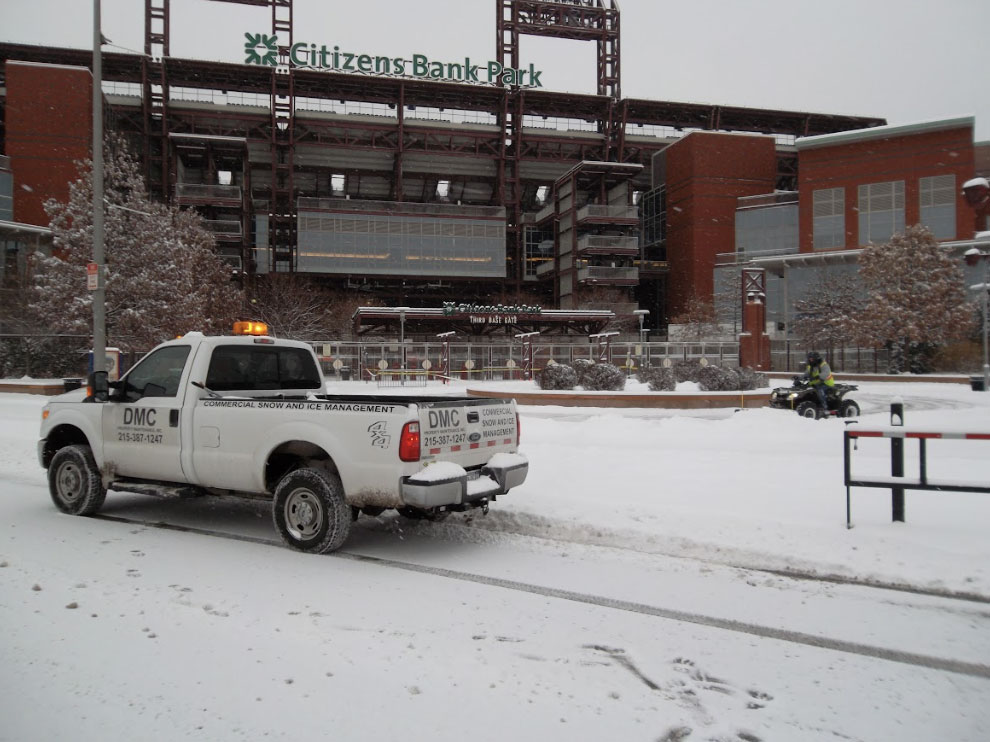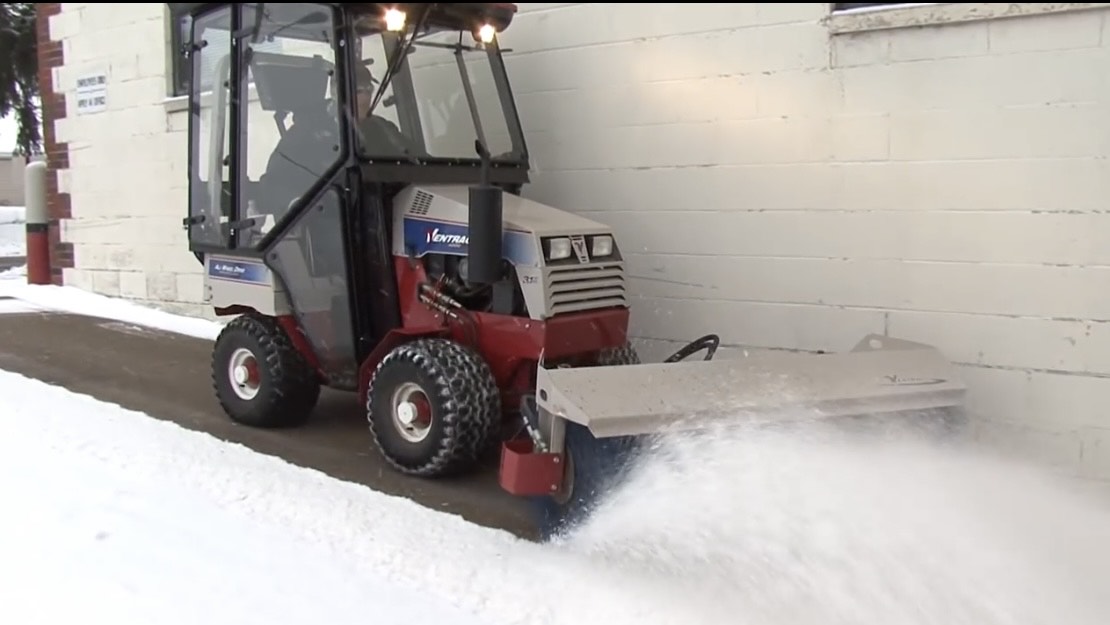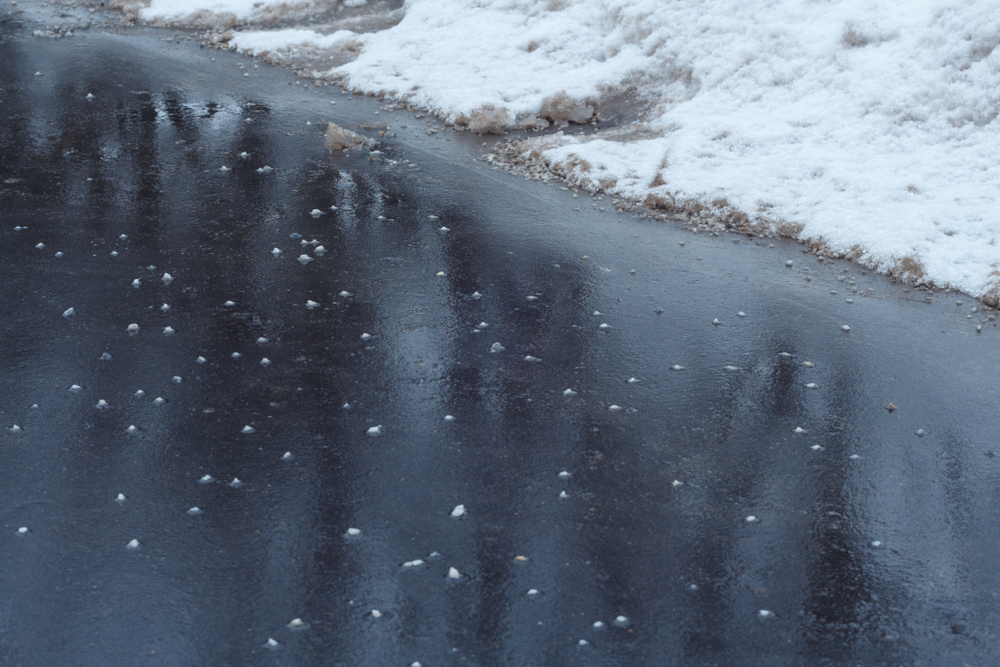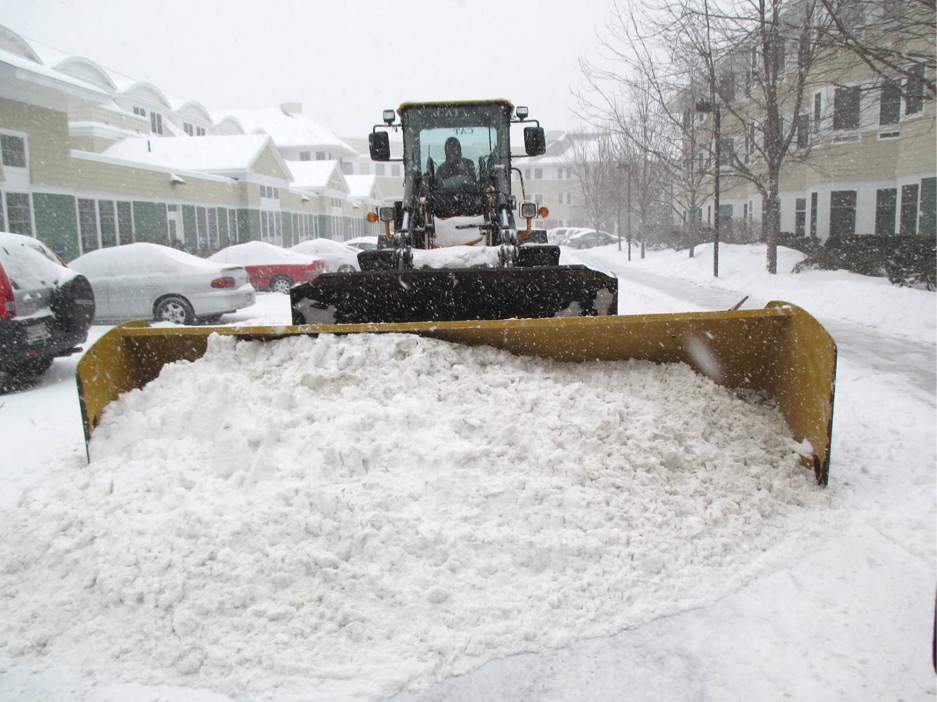When first signed into law, the Americans With Disabilities Act (ADA) guaranteed that employers would be responsible for ensuring that individuals with disabilities receive equal access to public services and facilities. This includes accessibility to businesses during events like snowstorms that make it relatively impossible for a wheelchair or otherwise handicapped individual to access basic needs. Here is everything your company should know about ADA regulations and removing snow during minor and major storms.
What You Need To Know About ADA Snow-Management Rules
The biggest thing you should know about ADA regulations is that businesses must maintain their accessible features. This means that it’s not enough to have accessible parking spaces or ramps. You must also ensure that they are easy to use.
When snowstorms hit, the first thing you might think about is how long you have to clear up a driveway or entrance to the property. Fortunately, ADA outlines this, stating that a business “must maintain its walkways in an accessible condition” and that “part of this maintenance obligation includes reasonable snow management efforts.”
There is no specific time given for when access routes should be cleared, and while the subjective nature might scare some business owners, it definitely provides more flexibility. It’s reasonable to expect you to put effort into getting employees into the building as soon as possible. Still, this designation allows companies to deal with any important complications if needed.
Parking Areas
One of the biggest issues with snowfall and parking areas is that there are only so many places to put the snow before it becomes a problem. You don’t want giant globs of snow in the middle of the road, and they cannot block sidewalks either. Most of the time, snow services will leave large piles of snow in a corner somewhere in a parking lot because there’s nowhere else for it to go.
Be mindful of the clarity of parking areas and how it affects people with disabilities. Sometimes these individuals need extra space to maneuver around and get out of their cars. ADA mandates that you not only keep snow and ice away but the area around the parking space should be cleared as well.
Business Entrances And Exits
Don’t get too hooked on just cleaning parking lots. What good is a clear lot if a person in a wheelchair arrives at the door and can’t get in? Snow and ice must be removed from the entire area surrounding the entrance of the building, including ramps and access aisles. If your regular entrance is blocked or too difficult to access, consider an alternate access route allowing individuals to enter the facility.
What Happens If You Fail To Be Compliant?
Equal access is taken very seriously. The last thing you want to do is throw yourself into a lengthy and expensive legal battle over a couple of feet of snow. Not only are you at risk of ADA compliance, but many state and local governments also have rules that place consequences on individuals who don’t remove snow and ice. Besides the legal aspect, who wants to know that their negligence was responsible for injuring someone else?
To avoid this trouble, consider setting up a plan that consists of the following:
- Have snow plows and other equipment maintained and ready for use
- Stockpile sand and salt to place before a storm hits
- Assign personnel, or contact local snow and ice management services to ensure a job well done
DMC SNOW Can Give You One Less Problem To Worry About When It Snows This Winter
ADA regulations exist because of how easy it can be to ignore accessibility with the other demands of the business that pop up. Snowstorms can be extremely frustrating, halting business, forcing quick maneuvers and unplanned decisions, and throwing the entire company for a whirl. At DMC Commercial Snow Management, we’re more than equipped to handle the worst snow storms and their effects on Philadelphia businesses. Keep us in touch the next time you need commercial snow management services in Philadelphia or the surrounding counties, and leave neighboring companies wondering if the storm actually hit you!
